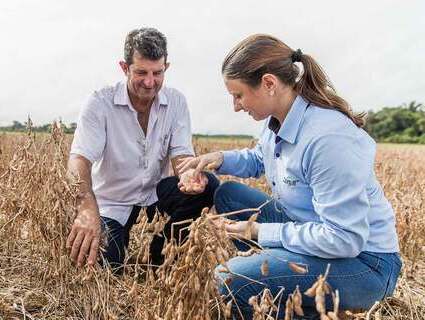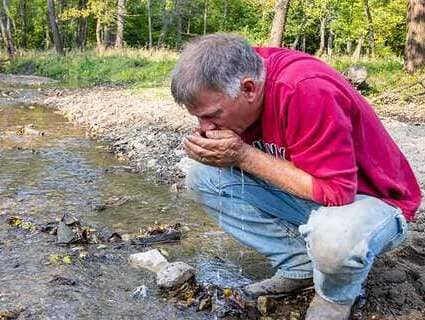Can forests and farming co-exist? Yes, Cargill says in commitment to increase sustainable agriculture and protect forests in Brazil.
Through innovative programs, Cargill supports Brazilian farmers like Joel in protecting native vegetation — today and for generations to come.
Read Time: 3 minutes
June 28, 2022
More than 40 years ago, Joel Carlos Hendges’ family moved north into Brazil’s Cerrado. Their challenge: to build a farming operation from scratch.
They succeeded. Joel is now co-owner of the 8,300-hectare Agropecuária Seis Irmãos farm in Balsas. But he faces a new challenge: farming sustainably in the Cerrado biome.
“My hope for the future — as a rural producer and a representative of the family — is that the world’s population understands that the producer is not an enemy of them or of the nature,” Joel says. “The rural producer cannot produce without ecological balance.”
In other words, forests and farming can co-exist.
Cooperation to produce sustainably
It’s with this belief that Cargill has committed to eliminate deforestation from its supply chains — and the reason we’re aiming to do it through a series of innovative new partnerships that protect and restore lands across Brazil.
Farmers are the original stewards of the earth. When we partner with farmers, we can help to make adopting sustainable practices not only the right thing to do but financially viable. That is how we create real, positive impacts to the ecosystem that will feed people for generations to come.
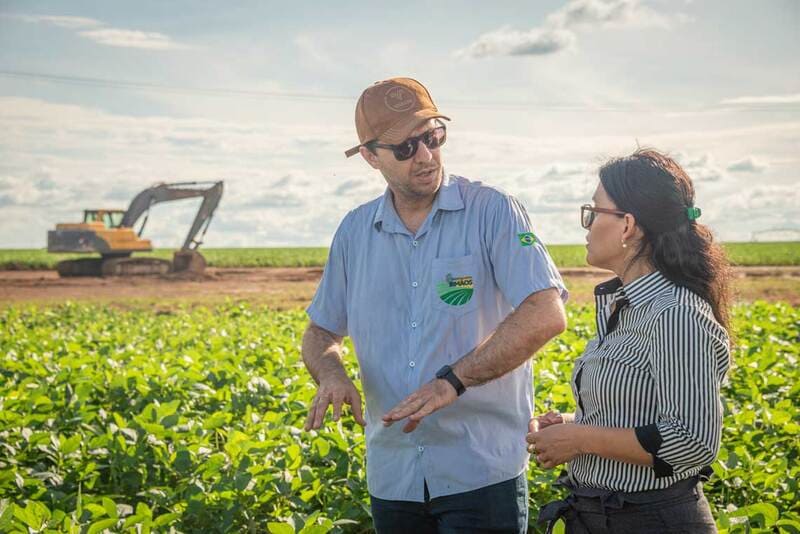 Cargill is partnering on new programs that provide farmers like Joel with technical assistance and financial incentives to protect native vegetation.
Cargill is partnering on new programs that provide farmers like Joel with technical assistance and financial incentives to protect native vegetation.
Joel works with one of our partner organizations, Preserv Ambiental, through one of the Cargill programs. This helps him with the complex requirements of the Forest Code, a law designed to protect Brazil’s natural habitat from deforestation and resulting climate change.
When farmers understand their environmental responsibilities and how to comply with regulations, observes Pollyanna Câmara, an agribusiness specialist at Preserv Ambiental, “they manage to strengthen production. And everyone wins.”
Cargill adds technical assistance, such as incentives for low-carbon agricultural systems and promoting soy production in areas that are already cleared.
“The Brazilian producer needs this support,” says Joel, “and we are here to produce with sustainability, and with the help of all.”
Restoring an area the size of New York City
-cargill-protect-restore-brazil-inline2.jpg?v=1708906456000) Cargill akan merestorasi sekitar 100.000 hektar lahan selama lima tahun ke depan.
Cargill akan merestorasi sekitar 100.000 hektar lahan selama lima tahun ke depan.
As well as protecting the farmland of today, it’s important to restore the farms of yesterday. Restoring once-farmed land can improve biodiversity and strengthen ecosystems in critical biomes like Brazil’s Cerrado.
That’s why Cargill will restore an estimated 100,000 hectares — an area similar in size to New York City — over the next five years.
From carbon sequestration to conserving biodiversity, soil and water, work is already underway in the Cerrado biome and the Atlantic Rainforest. One example: restoring altered areas in Matopiba in the Taquaruçu Grande River Basin, which supplies drinking water to a city of more than 300,000 people in central Brazil.
Love of the land
The work is urgent. Joel has witnessed some of the effects of climate change. Yet he remains optimistic — envisioning a future 20 years from now that includes more people, greater productivity, improved technology and a deeper commitment to sustainability.
“We are obliged to be optimistic,” Joel says, “because we know our work, we know our soil and we love what we do.”
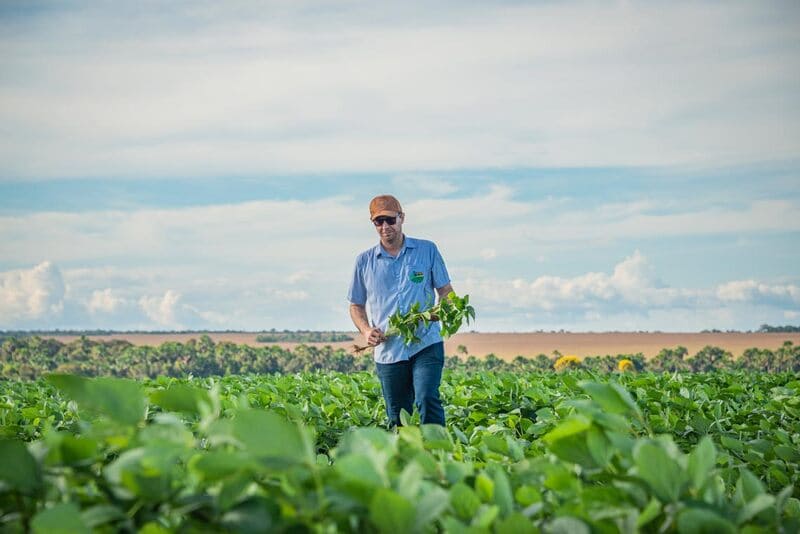 Joel sees Cargill’s involvement in creating more sustainable supply chains in Brazil as helping farmers like him take a step forward, he says.
Joel sees Cargill’s involvement in creating more sustainable supply chains in Brazil as helping farmers like him take a step forward, he says.
More stories
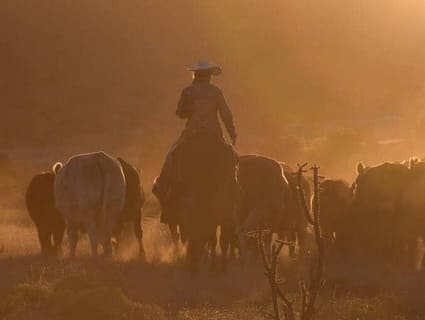
Great plans for the Great Plains
Cargill, Burger King and National Fish and Wildlife Foundation support ranchers addressing climate change in U.S. Southern Great Plains.
Our planet is facing big and complex sustainability challenges. Agriculture is how we’ll help solve them.
Cargill is starting with the people at the beginning of the agriculture system: farmers.
The drought leaves farmers thirsty for answers. As we mark World Water Week, Cargill helps provide them.
This time last year, Lance Lillibridge was looking forward to a record crop. Instead, he got a throwaway year.

